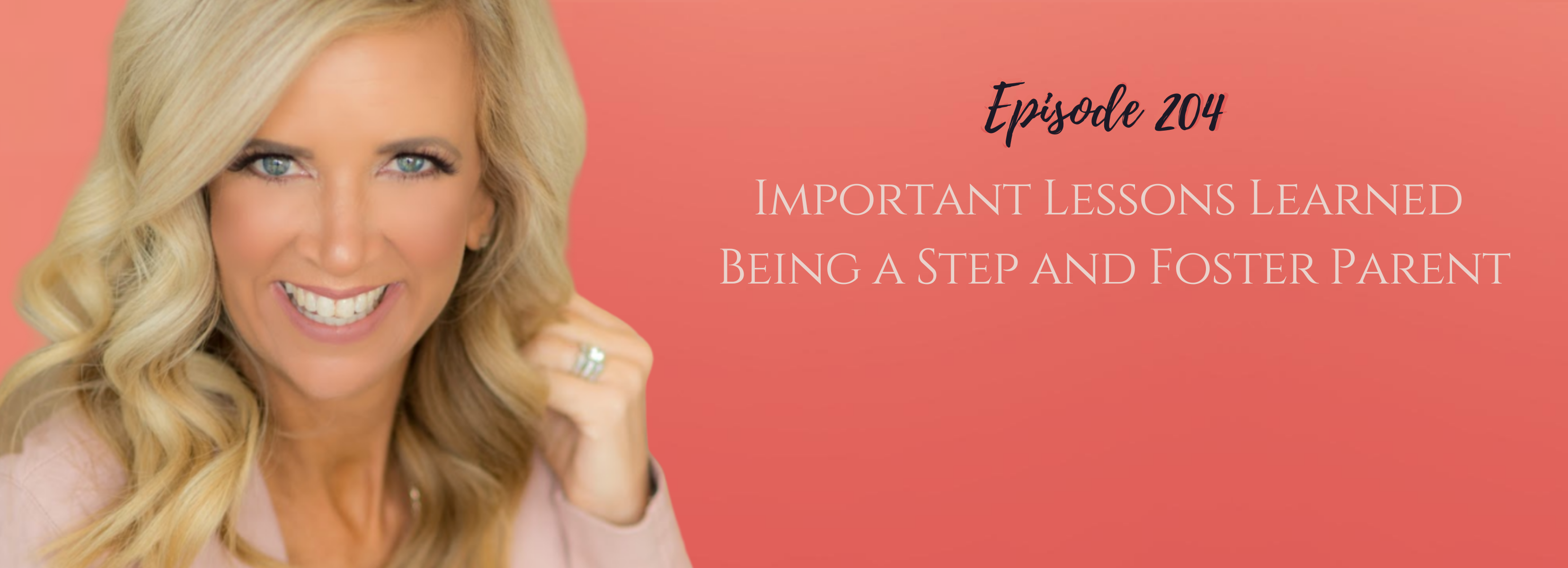
Important Lessons Learned
Being a Step and Foster Parent with Debbie Ausburn
| 3.15.2023
In this episode, Kristen talks with Debbie Ausburn, the author of Raising Other People's Children, about Debbie's experience being a foster parent and a stepmom, parenting challenges and how she overcame them.
You'll Learn
- Debbie's personal experience as a foster mom and a stepmom
- What are some of the challenges of fostering
Resources
Raising Other People's Children
For counseling services near Indianapolis, IN, visit www.pathwaystohealingcounseling.com.
Subscribe and Get a free 5-day journal at www.kristendboice.com/freeresources to begin closing the chapter on what doesn’t serve you and open the door to the real you.
Subscribe to the Close the Chapter YouTube Channel
This information is being provided to you for educational and informational purposes only. It is being provided to you to educate you about ideas on stress management and as a self-help tool for your own use. It is not psychotherapy/counseling in any form.